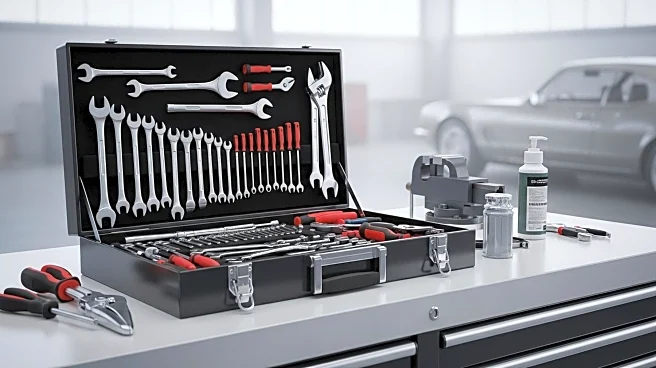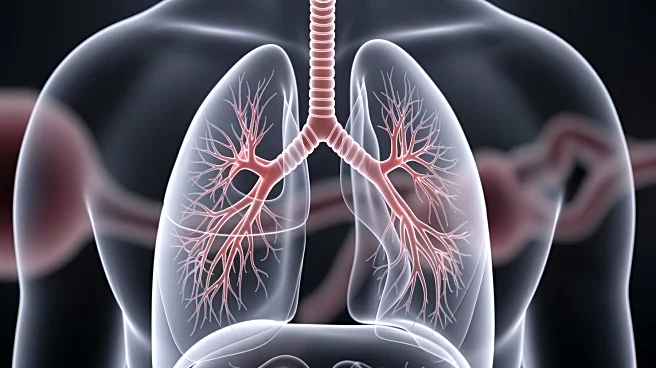What's Happening?
The auto industry is experiencing a significant increase in repair costs, driven by a combination of tariffs on imported parts and the aging of vehicles on the road. According to the latest Consumer Price Index, car repair costs rose by 5% from July to August, marking the largest one-month increase on record. This surge is attributed to several factors, including the implementation of tariffs on imported auto parts, which are primarily used in repairs. Additionally, the average age of vehicles has increased, with many owners opting to repair rather than replace their cars due to high new car prices and economic uncertainty. The shortage of qualified technicians, coupled with the complexity of modern vehicles, is also contributing to rising labor costs in the repair sector.
Why It's Important?
The increase in repair costs has significant implications for car owners and the auto industry. As repair expenses rise, consumers may face financial strain, particularly those who are already burdened by high car loan payments. The reluctance of automakers to pass tariff costs onto new car prices has kept vehicle prices stable, but repair costs are less visible and harder for consumers to avoid. This situation may lead to longer vehicle lifespans, impacting new car sales and potentially slowing the industry's growth. The technician shortage and rising labor costs could further exacerbate the issue, affecting service quality and availability.
What's Next?
The auto industry may need to address the technician shortage to manage rising labor costs effectively. Automakers might explore strategies to mitigate the impact of tariffs on repair costs, possibly through increased domestic production of parts. Consumers may continue to hold onto older vehicles, leading to sustained demand for repair services. Policymakers could consider revisiting tariff policies to alleviate the financial burden on consumers and the industry.
Beyond the Headlines
The rising repair costs highlight broader economic challenges, including the impact of tariffs on consumer goods and the need for skilled labor in technical fields. The situation underscores the importance of balancing trade policies with domestic economic interests and the potential for innovation in automotive technology to reduce repair complexity and costs.









